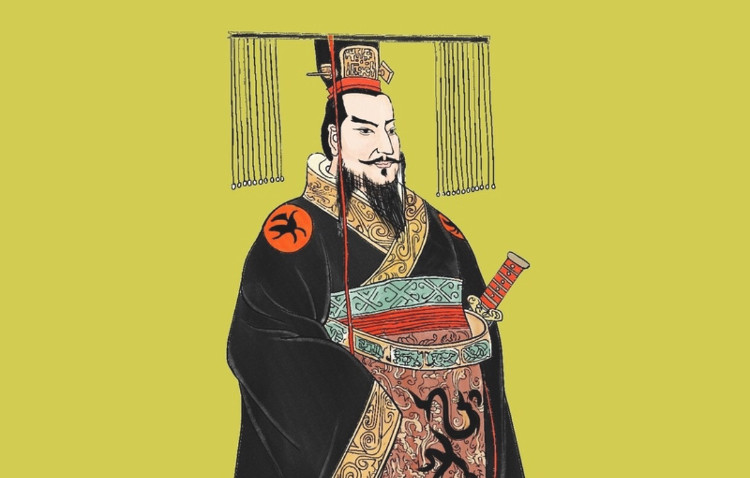More clues Tan Thuy Hoang used to find immortal drugs
Chinese archaeologists have found more evidence that the emperor once had the desire to seek the "immortality of life" medicine.
According to Xinhua, archaeologists have completed the study of wooden scripts found in Hunan Province, China, which is considered the holy name of Qin Shihuang. In it, he asked local officials to seek a remedy for immortality.

Qin Shihuang once issued an order to the people to search for a long-lived medicine.(Photo: Internet).
"Qin Shihuang's order was widely issued, to even the most remote villages or borders," said Zhang Chunlong, a researcher at Hunan Province Research Institute.
From 36,000 pieces of wood discovered since 2002, archaeologists said that local officials had been very nervous because they had not found such a precious medicine to offer the emperor.
In it, a piece of wood showed that a village named Duxiang honestly reported that they had not yet found the remedy, despite efforts to find it. Another village named Langya reported that there was a herb from the mountain in the village that could meet Qin Shihuang's aspirations.
It is known that Qin Shihuang died in 210 BC, after 11 years in office. Earlier, the emperor had built the ground in the west of Shaanxi Province. He also created 8,000 soldiers, supposedly to protect the emperor in the afterlife.
In addition to the historical evidence of the life of Qin Shihuang, the illusion of his immortal life is also something of great interest to Chinese archaeologists.
- Experiment with immortal drugs
- The three most mysterious historical artifacts in China constantly challenge scientists' intellect
- Immortal animals appear
- Find the clues that cause cancer resistance
- Find the culprit who burned the tomb of Tan Thuy Hoang
- Video: History of inventing gunpowder
- Find clues about water on other planets by ice molecules
- Find the key of immortality
- Quang Binh: White whale weighs 10 tons washed up on the coast
- Tan Thuy Hoang's terracotta army made from 2 places
- Scientists predict when humans will become immortal
- The immortal 'demons' in history
 Animal 'suffering' after hibernation
Animal 'suffering' after hibernation Why do goats climb well?
Why do goats climb well? Scientists were surprised to see chimpanzees eating turtles
Scientists were surprised to see chimpanzees eating turtles Giant catfish died deadly due to drought in Thailand
Giant catfish died deadly due to drought in Thailand